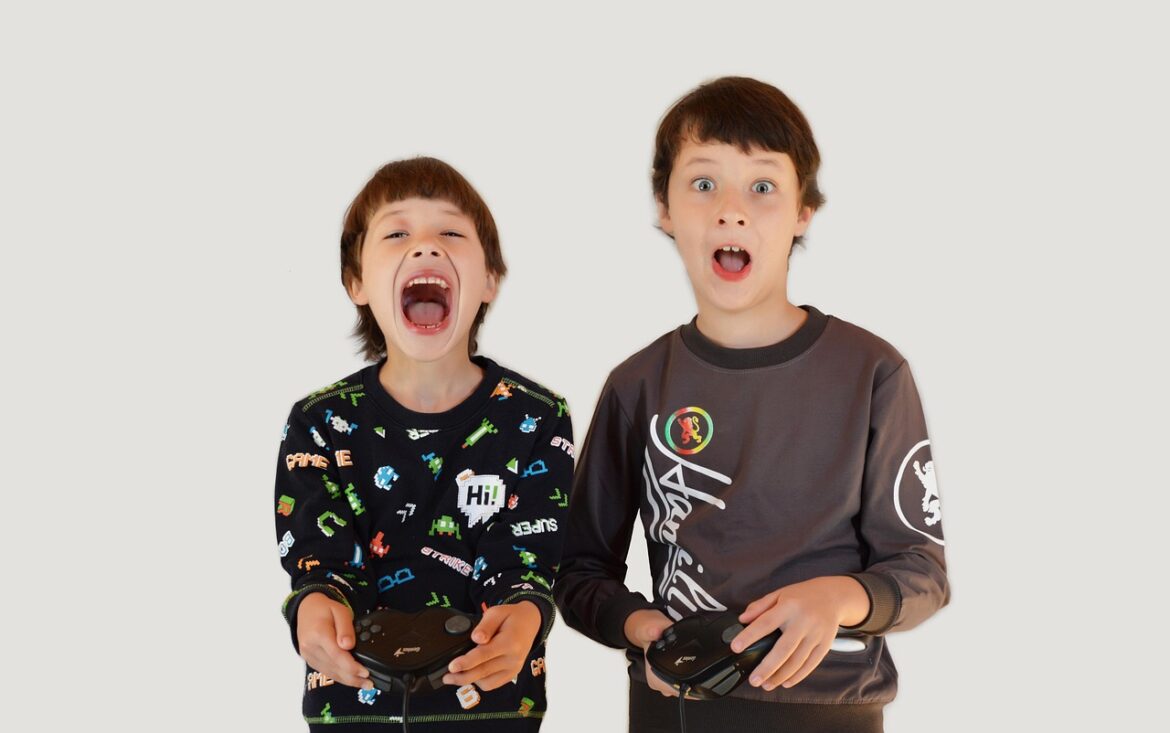When Pixels Meet Peace of Mind
Picture this: A professional esports athlete mid-tournament pauses their gameplay to do breathing exercises—not backstage, but live on stream. Nearby, a therapy group gathers around a Dungeons & Dragons campaign, using character backstories to process real-life trauma. These aren’t isolated experiments; they’re snapshots of gaming’s mental health revolution.
The Burnout Battle
Recent physiological studies reveal esports athletes experience heart rate fluctuations comparable to traditional athletes during competition, with post-game recovery times mirroring those of soccer players[^1^]. Teams like T1 and Team Liquid now employ ‘wellness coaches’ who implement pre-game meditation huddles and post-match recovery protocols. One anonymous League of Legends pro described their team’s new ritual: “We do 10 minutes of guided breathwork before strategy talks. It’s like mental armor against tilt.”
Avatars as Allies
Therapeutic approaches are meeting gamers where they are. Geek Therapy practitioners use games like Minecraft to build coping skills—clients might collaborate on a virtual ‘safe fortress’ while discussing real-world anxiety. Certified specialist Kailah Tuttle explains: “When someone role-plays a D&D character standing up to a dragon, we’re actually practicing boundary-setting.” These sessions often focus on:
- Emotional translation: Linking in-game achievements to real-life confidence boosts
- Failure framing: Using respawn mechanics as metaphors for resilience
- Social scaffolding: Building communication skills through guild leadership roles
The Streamer Survival Kit
Twitch personalities like HasanAbi have normalized live “mental health check-ins,” where creators discuss therapy experiences mid-stream. Emerging tools include:
- Moderation bots that detect toxic chat patterns and auto-enable slow mode
- VR meditation apps compatible with gaming headsets
- Biofeedback overlays showing streamers’ real-time heart rate variability
Though still nascent, these initiatives show gaming culture’s growing awareness that peak performance requires psychological maintenance as much as mechanical skill. As one Overwatch coach put it: “You wouldn’t train 12 hours daily without stretching—why do it without mental conditioning?”
References:
- https://programminginsider.com/from-esports-to-streaming-the-rise-of-mental-health-prioritization-in-digital-entertainment/
- https://www.instagram.com/drreefer/p/DIy9j0Cxv9-/
- https://www.pewresearch.org/internet/2025/04/22/teens-social-media-and-mental-health/
- https://www.psychiatry.org/Psychiatrists/Education/Podcasts/Medical-Mind/2025/Mental-Health-Pathfinders-The-High-Stakes-of-Gambl
- https://www.frontiersin.org/journals/physiology/articles/10.3389/fphys.2025.1557579/pdf
- https://fieldstudy.soceco.uci.edu/pages/traditional-field-study-catalog-healthcare-services
- https://elliementalhealth.com/how-geek-therapy-can-support-mental-health/
- https://blogs.microsoft.com/blog/2025/04/22/https-blogs-microsoft-com-blog-2024-11-12-how-real-world-businesses-are-transforming-with-ai/



